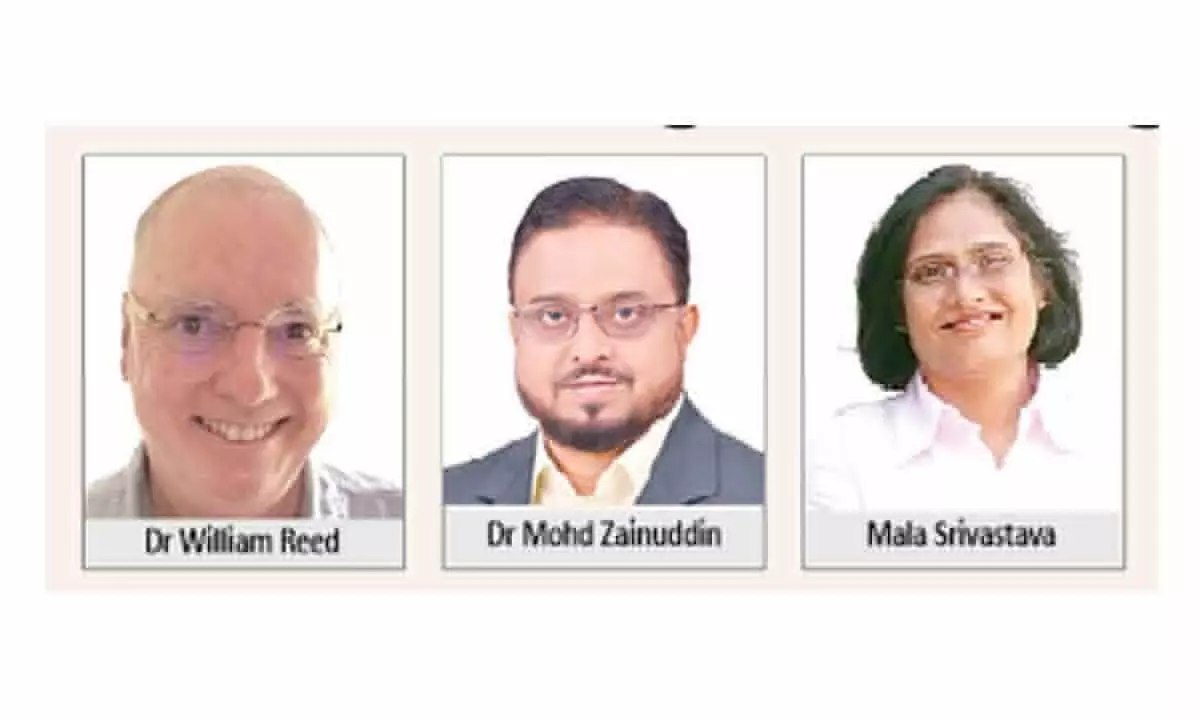Importance of drug labelling discussed
image for illustrative purpose

Hyderabad: On the 13th day of the workshop, Dr William Reed delivered a lecture on clinical studies and clinical development. He provided a brief history of clinical development and background in human subjects’ research and discussed the different types of clinical studies, including observational studies and randomised controlled trials.
He highlighted the very first clinical epidemiology study conducted by John Snow on cholera, which led to important insights into the disease and its spread. He also discussed the pitfalls of observational studies and the importance of ensuring that they are well-designed and conducted to yield meaningful results.
Dr Reed further discussed the age of transfused blood and the findings of a randomized controlled trial that showed no significant difference in patient outcomes between fresh and stored blood. He emphasized the importance of randomised controlled trials in clinical development, as they provide a rigorous and systematic approach to evaluating the safety and efficacy of potential treatments.
Finally, he also focused on the labeling of drugs and the importance of ensuring that they are appropriately labeled to inform healthcare providers and patients about the risks and benefits of the treatment. Overall, his presentation provided valuable insights into the critical role of clinical studies and development in ensuring that safe and effective treatments are available for patients.
The secondlecture was delivered by Mala Srivastava, Managing Partner of Nextel Consulting LLP, on Novel Drug Discovery & Regulatory Affairs. During her presentation, she provided an introduction to drug development and the steps toward clinical translation, which includes preclinical and clinical development.
She emphasised the importance of regulatory affairs in drug development, particularly in obtaining marketing authorization for new treatments. She discussed that new drugs are safe and effective, and comply with the relevant regulatory requirements. She also discussed the concept of life cycle management, which involves ongoing monitoring and evaluation of drugs throughout their lifecycle. This includes post-authorization monitoring, which is important for detecting any safety or efficacy issues that may arise after a drug has been approved for use.
Overall, Mala's presentation provided valuable insights into the critical role of regulatory affairs in drug development, and the importance of ongoing monitoring and evaluation of drugs to ensure their safety and efficacy throughout their lifecycle.
Dr Mohd Zainuddin, Director of Biology at Jubilant Therapeutics, delivered the third lecture on the role of Drug Metabolism and Pharmacokinetics (DMPK) in the journey of a pharmaceutical drug from concept to commercial reality.
During his talk, he highlighted the various steps involved in drug development, including the drug discovery process, and the compound success rates at each stage. He also discussed the increasing cost of drug development and the high attrition rates in the industry, which are due to various factors, including the increasing regulatory hurdles that must be overcome.
Dr Zainuddin emphasised the importance of understanding these factors in optimizing drug candidates for better efficacy and safety and reducing the likelihood of drug interactions and adverse effects. The use of in vitro models and systems in DMPK allows researchers to simulate drug metabolism and distribution in the body, identify potential issues early in the drug development process, and accelerate the journey from concept to commercial reality.
Overall, his lecture provided valuable insights into the critical role of DMPK in drug development and its importance in ensuring the safety and efficacy of potential drug candidates.
Eventually, the day wrapped up with impressive student presentation by Anusha Senevirathne from Sri Lanka, who presented on Tuberculosis, Snehal Jahagirdar on Lung Cancer, and Krishna Prasad on Type 2 Diabetes.
Overall, the Drug Discovery and Development workshop was an outstanding learning opportunity. Attendees obtained valuable knowledge on the latest advancements in drug discovery and development through captivating lectures and innovative research by industry experts. Undoubtedly, this workshop has made a significant impact on the field and will continue to do so in the future.

